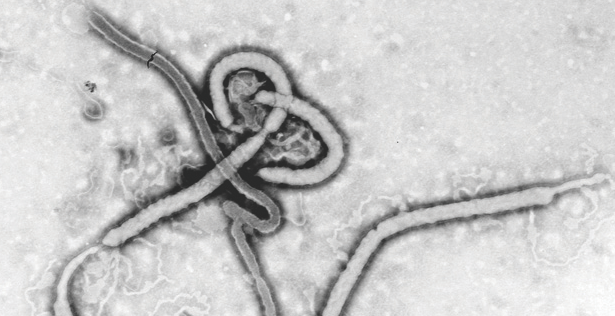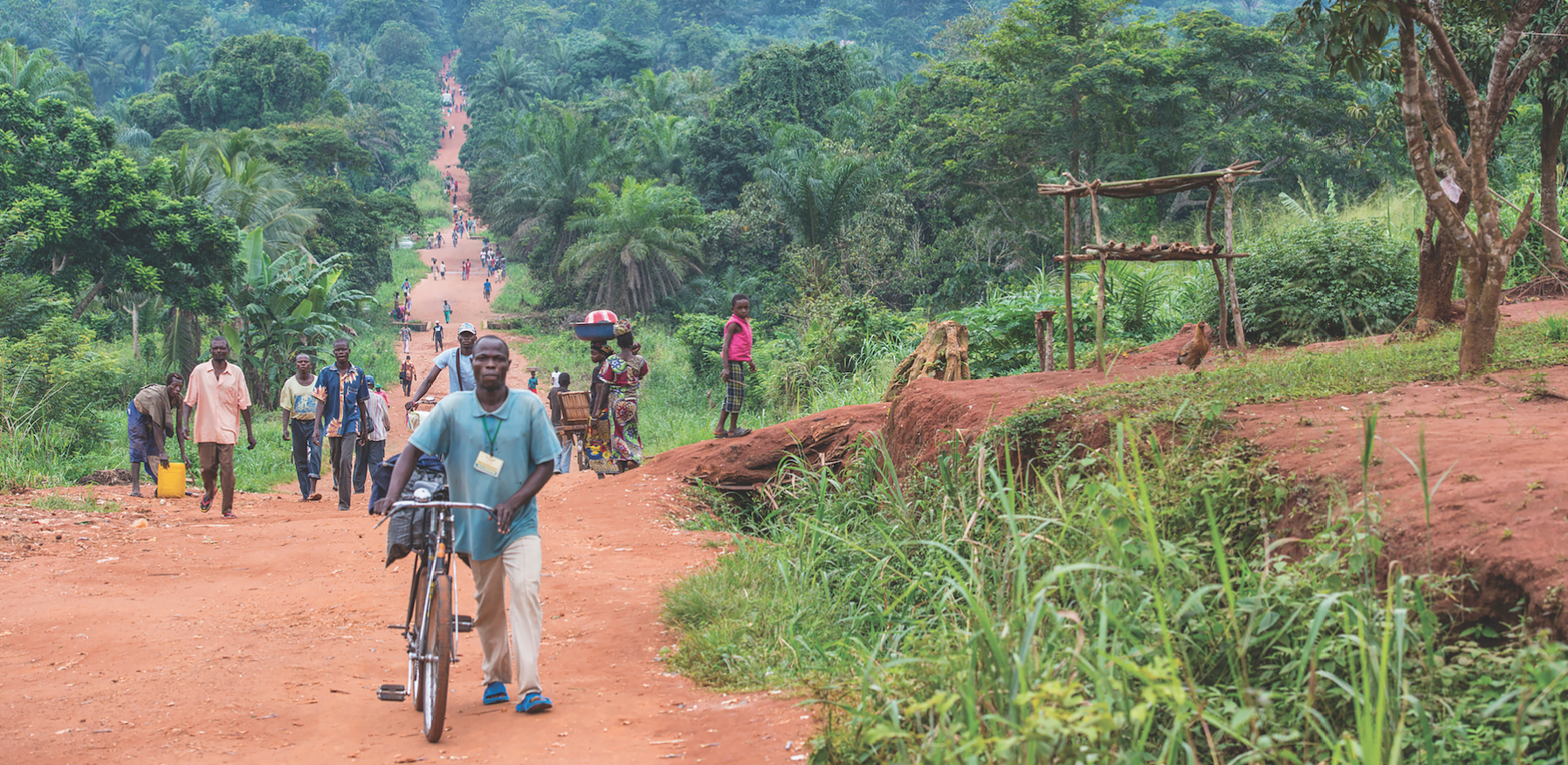August marked one year since a new outbreak of Ebola was declared in the Congo. David Lynch examines national and international reactions to the crisis over the past 12 months
The headline above is according to the World Health Organisation (WHO) Director-General Dr Tedros Adhanom Ghebreyesus in a statement marking the one-year anniversary of the most recent outbreak of Ebola in the Democratic Republic of Congo (DRC).
During the summer, the WHO declared the ongoing situation an official public health emergency of international concern (PHEIC).
According to the WHO, over the last year, there have been more than 2,600 confirmed cases, including more than 1,800 deaths in parts of Ituri and North Kivu provinces. Almost one-in-three cases involves a child.
Heroic
Dr Tedros saluted the “heroic efforts of the mostly Congolese healthcare workers on the front line, the people of affected communities and partners. Despite their ceaseless work, the disease continues to spread.
“This outbreak is occurring in an active conflict zone, which makes an effective response far more complicated because of insecurity, including armed attacks on health workers and facilities, and population displacement. In some of the affected areas, violence is preventing us from reaching communities and working with them to stop further transmission.

“Now we must build on those achievements, but to do so we urgently need far more support from the international community. The Government needs more support than ever before. The public health response to an Ebola outbreak requires an exceptional level of investment.”
Ireland, like the rest of the international community, is reacting to the current crisis.
Review
In 2014, the WHO declared a PHEIC during a previous outbreak of Ebola in the DRC, which was only lifted in 2016.
This newspaper has learned that the Department of Health never completed a promised review of Ireland’s response to this last international Ebola outbreak.
Instead, the review has been shelved and is now taking place as part of a wider review of emergency planning, a Department spokesperson stated.
On numerous occasions between 2016 and 2018, the Department responded that it has begun initial work on a specific review of Ireland’s Ebola response, with a date in 2017 initially earmarked for completion and publication of the report. However, a Department spokesperson said that the review has been shelved.
“The proposed review of the previous (2014) PHEIC in relation to Ireland’s response to Ebola was not conducted,” they confirmed.
“Following a restructuring of the management team in the Department of Health’s Protection Unit, the Department has identified two key strategic policy priorities — the development of a national communicable disease framework, and a review of public health medicine and services.
“Emergency planning, including Ireland’s response to Ebola and other public health priorities, will be looked at in this context.”
No date was given for the completion of this work.
Concern
The first day of August marked one year since the Government of the DRC declared an outbreak of Ebola virus in North Kivu province. In July, it was declared a PHEIC by the WHO.
In response to the latest PHEIC declaration, the Department spokesperson said that its Threats Co-ordination Group met on 25 July 2019 to discuss the Ebola outbreak in the DRC.
“In accordance with national structures in relation to emergency management, the Department is the lead department in relation to PHEIC, including Ebola,” continued the spokesperson.
“Decisions as to the appropriate group/body to convene are dependent upon the particular incident(s) concerned, the extent of Ireland’s risk exposure and information provided nationally (ie, by the HSE, especially by the Health Protection Surveillance Centre (HPSC)) and internationally (ie, by DG Sante, at EU level).”
The Department confirmed that both it and the HSE’s HPSC remain in contact with their counterparts through the relevant EU networks/committees “such as the Health Security Committee and the European Centre for Disease Prevention and Control (including in both recent meetings and teleconferences).”
Epicentre
In June, Minister of State at the Department of Foreign Affairs and Trade with special responsibility for the Diaspora and International Development Ciarán Cannon told the Dáil that the current DRC outbreak “is an extremely difficult crisis to resolve,” given its epicentre is in a conflict zone.
He added that so far, Ireland has provided over €2.6 million to UN and NGO partners, both for outbreak control programmes in DRC, and for preparedness efforts in Uganda. These include support for community mobilisation, sanitation, health and hygiene promotion and health worker training.
“Officials from my Department are liaising with the US State Department, given the leading US role in the international response,” said Minister Cannon.
“Irish Embassies in Kampala and Dar es Salaam — which has responsibility for relations with DRC — are liaising closely with local partners and donors, as well as with Irish citizens in the affected regions.
“My Department, including the two embassies, is working with partners in Ireland, including the HSE and the Department of Health, implementing lessons learned from previous situations, including the Ebola outbreak in West Africa.”
The Department of Health has also engaged in a recent teleconference/webinar hosted by the WHO in relation to its recent declaration of a PHEIC.
“The Department is in receipt of regular updates on the situation in DRC from the HSE and liaises regularly with it in relation to developments,” said its spokesperson.
“It has also engaged with its colleagues in the National Office for Emergency Management in the HSE and the Department of Foreign Affairs in relation to the development of protocols regarding repatriation of Irish citizens and health workers.
“The Department briefs the Government Task Force on Emergency Planning on the situation in DRC at its meetings.”
The Department also confirmed that it has been advised by the HPSC that the risk of Ebola coming to Ireland remains “low”. There have been no cases reported in Ireland.
Under the HSE’s Emergency Management Service 2019 Operation Plan, published earlier this year, it is mentioned that the HSE would be moving towards a “complete procurement process” for disposal of Ebola virus disease-contaminated waste.
An Executive spokesperson said this process is near completion, with the preparation of the tender “in its final stages”.







